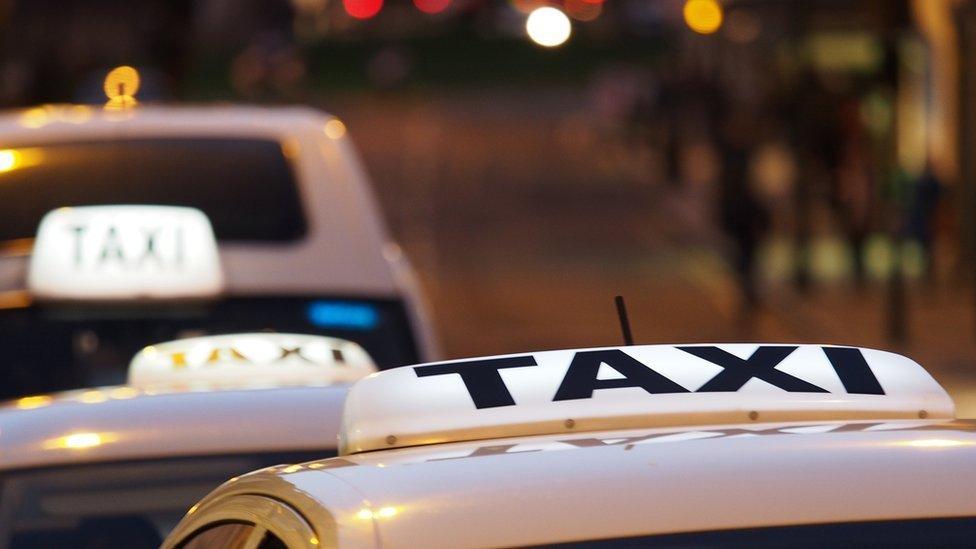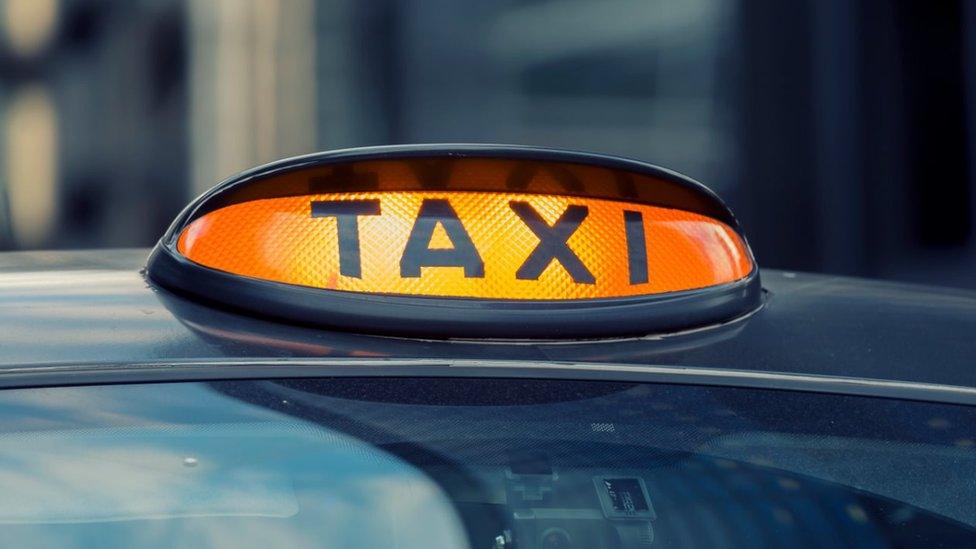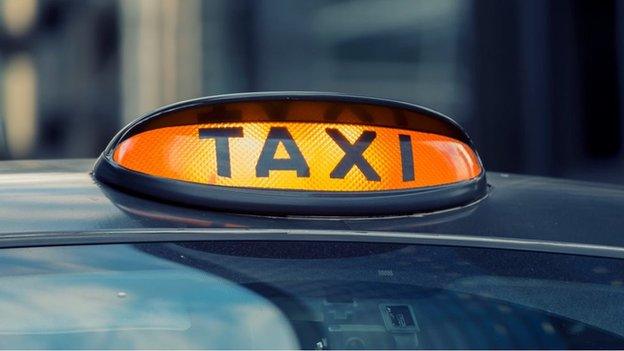Eight Merseyside taxi drivers test positive for drugs in as many days
- Published

Eight private hire taxi drivers have tested positive for drugs in as many days on Merseyside.
More than 40 taxi drivers were arrested for drug-driving in 2018 and it was a "growing problem", police said.
Tweeting about the latest incident, the Merseyside Police Roads Policing Unit (RPU) warned: "You will be arrested and we will take you off the road."
Insp Keith Kellett said a minority of taxi and private hire drivers had "broken their position of trust".
Allow X content?
This article contains content provided by X. We ask for your permission before anything is loaded, as they may be using cookies and other technologies. You may want to read X’s cookie policy, external and privacy policy, external before accepting. To view this content choose ‘accept and continue’.
The RPU also revealed that one driver, who had a paying customer in his car, had tested over the legal limit for three different types of drugs.
While not specifically targeting taxi drivers, police said they routinely stop and check any car whose driver is suspected of a driving offence.
It is for councils to decide if someone is "fit and proper", the criteria used to grant taxi or private hire licences.
Although guidance has been published, external by the government and Local Government Association, there is no legal definition of what is meant by a "fit and proper person".
There were 325 drug-drive arrests on Merseyside involving all motorists in 2015, compared to 110 in 2014.
Drivers who are convicted of drug-driving receive a minimum 12-month driving ban, a criminal record, a fine or up to six months in prison, or both.
- Published27 October 2018

- Published31 March 2017

- Published14 August 2018
